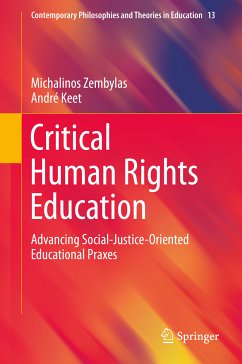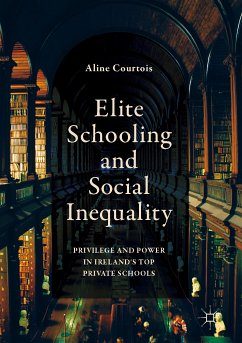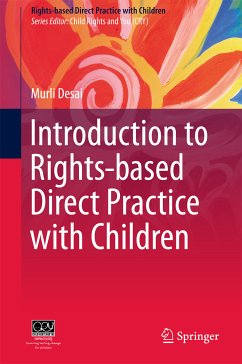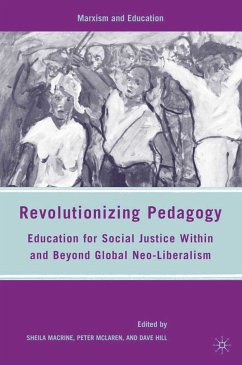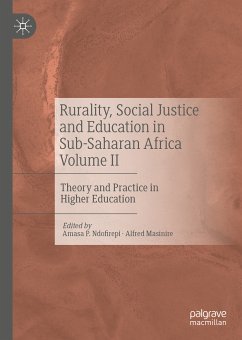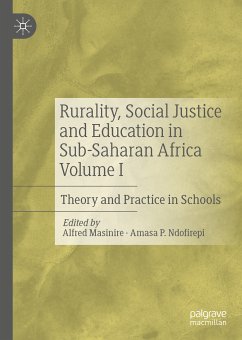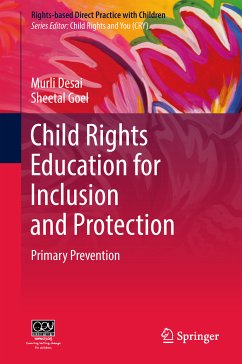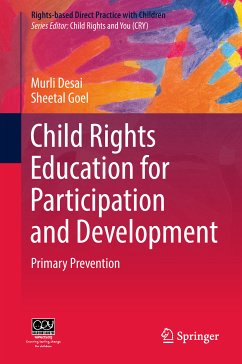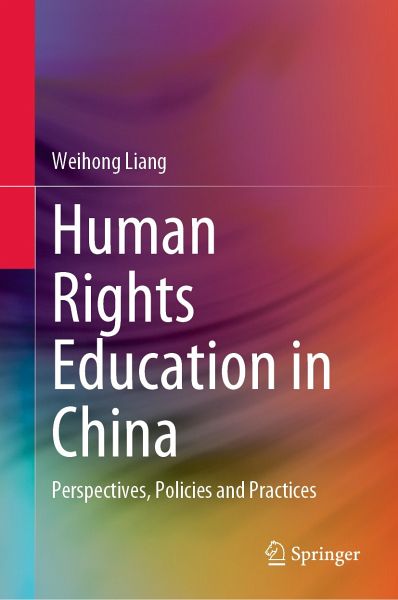
Human Rights Education in China (eBook, PDF)
Perspectives, Policies and Practices
Versandkostenfrei!
Sofort per Download lieferbar
88,95 €
inkl. MwSt.
Weitere Ausgaben:

PAYBACK Punkte
44 °P sammeln!
The book provides new research highlighting perspectives, perceptions, and practices regarding human rights and human rights education in China. It traces the emergence and evolution of the human rights conception and human rights education from comparative perspectives. China's deeply embedded philosophical and cultural traditions shed light on its ideas of human rights and human rights education. The efforts to construct an independent and strong nation-state since the mid-to-late nineteenth century fashioned the Chinese thinking of rights and citizenship, and the reciprocal relation between...
The book provides new research highlighting perspectives, perceptions, and practices regarding human rights and human rights education in China. It traces the emergence and evolution of the human rights conception and human rights education from comparative perspectives. China's deeply embedded philosophical and cultural traditions shed light on its ideas of human rights and human rights education. The efforts to construct an independent and strong nation-state since the mid-to-late nineteenth century fashioned the Chinese thinking of rights and citizenship, and the reciprocal relation between the individual and community/state.
With the help of collected data, the book unpacks that the goal-making and content-selection of human rights education in China rely heavily on the provisions given by central authorities; however, the practices have different facets depends on how the people perceive and respond those requirements in the school and classroom contexts. The book concludes by explaining the human rights education in China as a socialization project for citizenship-making, and suggests that China's doctrine on human rights and human rights education is closely associated with cultural relativization and social construction.
Though China is just beginning to develop human rights education in its education systems, this study suggests possible direction for future research. How to live with human rights should be included further in schooling, especially how to infuse human rights education into all aspects of school day-to-day life.
Dieser Download kann aus rechtlichen Gründen nur mit Rechnungsadresse in A, B, BG, CY, CZ, D, DK, EW, E, FIN, F, GR, HR, H, IRL, I, LT, L, LR, M, NL, PL, P, R, S, SLO, SK ausgeliefert werden.



